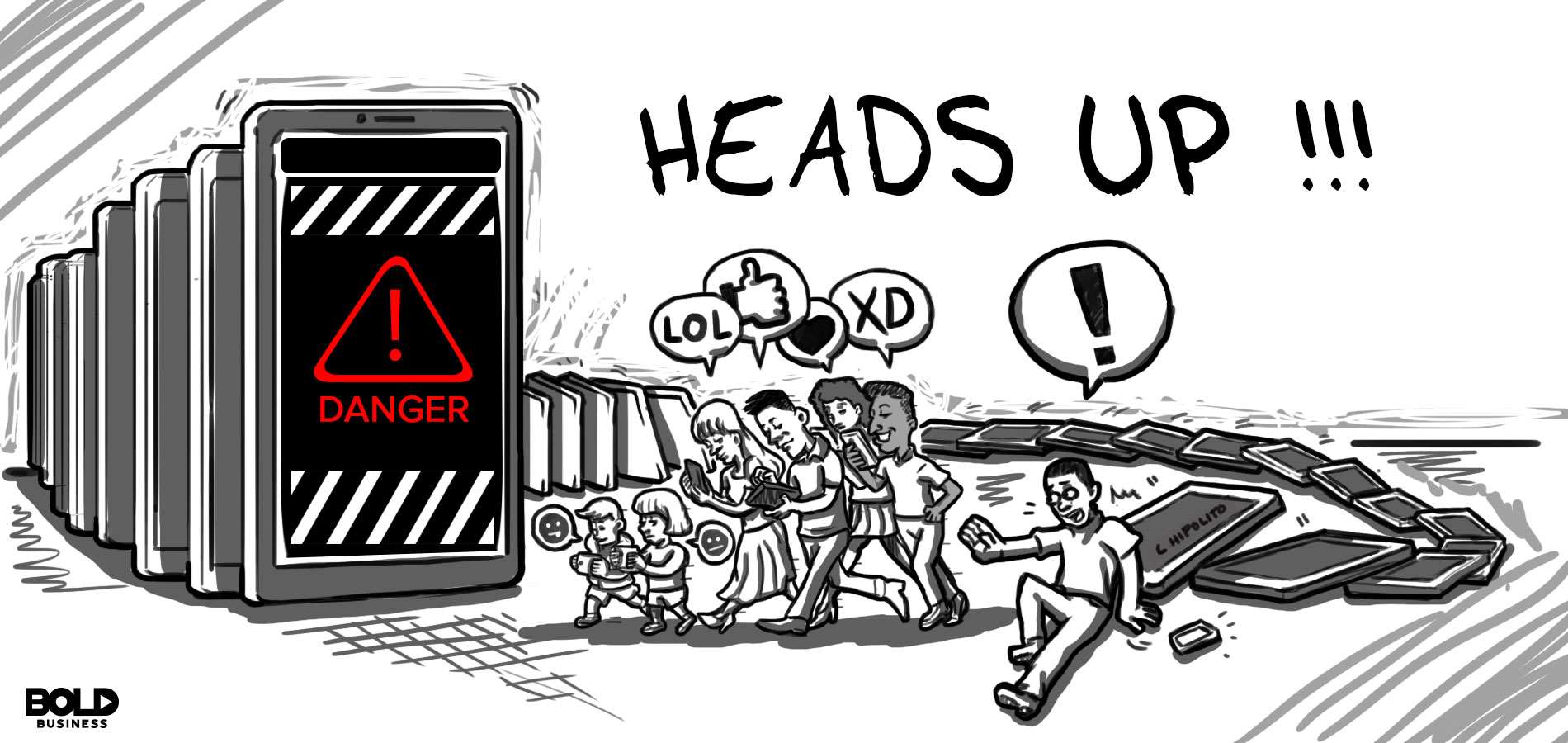Does the omnipresence of media and the constant bombardment of notifications lead to a society full of identical robots incapable of individual thought?'s Blog Return to Group
-
12 Comments
-
11 Comments
The omnipresence of AI and an intelligent IT consultant made in France

An impressive level of technological progress and wealth characterize modern economies nowadays. While in the early period of human history, the pace of technological progress was relatively slow, the success of today’s companies is strongly defined by time-to-market and state-of-the-artness. Key factors for competitiveness are therefore the capability of reacting quickly and predicting successfully the development of new and old technologies.
-
40 Comments
Digital marketing - How does advertising influence people?

Despite the normality of advertising, marketing strategies have had to adjust to keep up with rapidly evolving digital technologies.
People encounter advertising in almost every aspect of their lives: as they read the news, as they shop for groceries, as they chat with friends on Facebook, and as they entertain themselves with music, movies, and on the Internet.
Digital marketing has the potential to reach millions of people with just one advertisement. Companies no longer need to disperse physical advertisements to thousands of geographical...
-
1 Comment
-
3 Comments
Teens’ cell phone use linked to memory problems

Teenagers who talk on the phone a lot, and hold their cell phones up to their right ears, score worse on one type of memory test. That’s the finding of a new study. That memory impairment might be one side-effect of the radiation that phones use to keep us connected while we're on the go.
Teenagers who talk on the phone a lot, and hold their...
-
5 Comments
Is Your Child a Phone ‘Addict’?

On the heels of two large Apple investors urging the company to address kids’ phone addiction, many parents may be wondering: How do I know if my child is addicted to his or her smartphone? And how can I prevent problematic overuse? There are reasons for concern. A 2016 survey from Common Sense Media found that half of teenagers felt addicted to their devices, and 78 percent checked their devices at least hourly. Seventy-two percent of teens felt pressured to respond immediately to texts, notifications and social media messaging. A 2015 Pew Research report found that 73 percent of 13- to 17-year-olds had their own smartphones or had access to one, and 24 percent said they were online “almost constantly.”
... -
6 Comments
9 Ways to Finally Stop Spending So Much Time on Your Phone

Today, the average American checks his or her phone 47 times a day — many more if they’re younger — and spends about four hours a day staring at its screen. That’s roughly a sixth of our total time alive. Given these numbers, it makes sense that there’s an increasing sense of concern over our relationships with our phones. In January, two of Apple’s biggest shareholders wrote an open letter to Apple requesting that the company provide “more choices and tools” that can help parents set limits on their children’s phone time. In the same month, Facebook announced that it had overhauled the algorithms behind its news feed, to put more emphasis on “meaningful interactions” — i.e., posts from friends and family members, rather than brands. And February saw the launch of the Center for Humane Technology, a coalition of former tech employees who are alarmed about the impact of the technologies they helped create.



